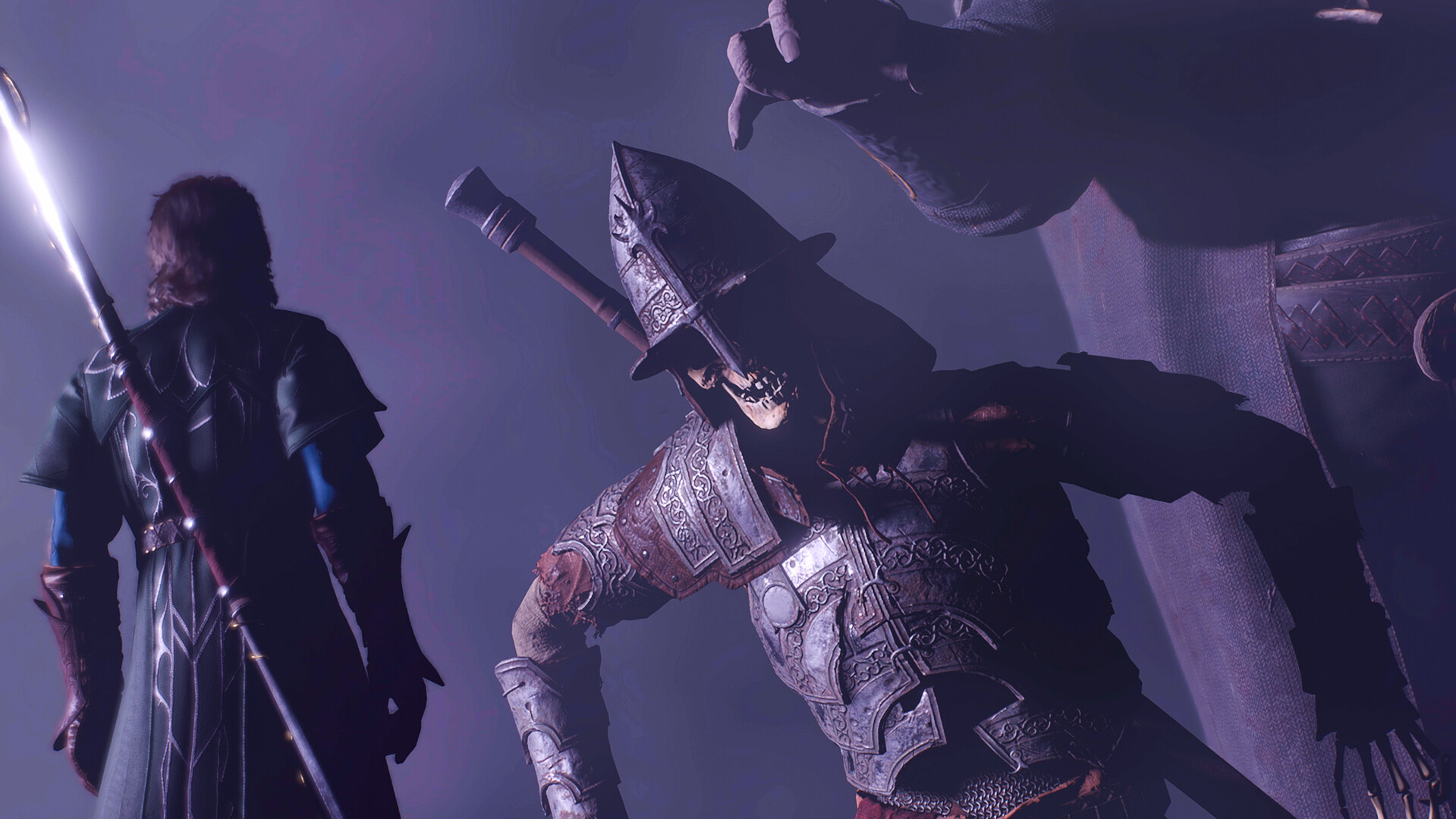Ultra-Indie Spotlight Sundays – STARBO: The Story Of Leo Cornell
Happy quarantine, you quixotic quacks and quarrelsome queens. Welcome back to another edition of Ultra-Indie Spotlight Sundays! This week, we find ourselves once again on the Steam storefront for STARBO. This is a game I likely would never have played if not for one of those iconic Steam flash sales. At 90% off, STARBO was just 60¢. Was it worth a whole two pieces of assorted candy at the gas station checkout? Let’s find out!

Conceptual Meta-Wank:
…Alright, I got nothing. This is generally the part of the spotlight where I come up with some kind of high concept discussion piece to serve as the baseline for the article. Sometimes I’ll ask the reader to consider a new perspective or to reassess how they judge certain aspects/levels of quality. The purpose of this (other than to prove just how smart and handsome I am) is to give these zero-budget products a level of discourse not commonly afforded to games of this scale. Discussing the artistic and structural merits of videogames is super fun for a lot of people. Just look on the internet, and you can find 4 million videos breaking down The Last of Us or Five Nights at Freddy’s. Videos about Filthbreed are usually just some guy pretending to be scared for likes and subscribes.
There is no meta-wank for STARBO: The Story of Leo Cornell. The game already wanks itself enough. STARBO is almost nothing but wank. It’s propelled by spurts of its own self-satisfied jizzum to the dizzying heights of cosmic nonsense. There are plenty of wanky games out there. The good ones back up the wank with mature storytelling, solid gameplay, or stunning visuals. The bad ones usually lean too heavily on the wank, expecting their lofty messaging to fill in the cracks. And then there is STARBO. STARBO is just the pure, distilled, uncut wank.

Non-Wanky Game Recap:
STARBO: The Story of Leo Cornell is a brief 30-minute walking simulator. In the opening cutscene, Leo is fired from his job, calls his boss, “fucking retarded,” gets on a plane to the Bahamas, crashes, and dies. You then take control of Leo after he awakens in a blue purgatory constructed of Unity Asset Store metal hallways. As you walk through these long hallways filled with strobing blue lights, occasionally you’ll stumble upon a faint audio clip or a room filled with a blue neon animal. Around the halfway point there’s a puzzle asking you to pull colored switches in the correct order. Things get trippier as the game goes on. You run away from a monster twice. At one point you can eat a green apple and it does some damage to you. Then it ends with a message about acceptance.
That is all there is to STARBO. I’m really not selling the game short here. All the story and gameplay are wrapped up in that paragraph. Generally, walking simulators like STARBO will begin with a similar premise and then expand on the events happening and the character’s backstory. Every single revelation in STARBO is about Leo’s boss firing him, Leo calling his boss retarded, and then dying. It’s as if he only existed for that one moment, and the game is just finding new ways to repackage it.

What Works:
STARBO looks decent at a glance. It’s the kind of Unity Asset amalgamation where each individual element was created with enough polish that it looks fine. If you look too closely, you’ll see that none of it fits. But like an impressionist painting, it all works if you just fuzzy your eyes and take in the larger picture. STARBO works when it’s showing you things on a grand scale. The weird terrariums with neon Rhinos are sprawling rooms full of strange lights and foliage. The one puzzle takes place in a giant cylindrical room places the comparatively small body in the center in stark contrast.
The running speed is also sufficiently fast. I know it sounds like a weird thing to mention, but so often do walking simulators limit you to an elderly woman’s brisk shuffle. STARBO at least lets me sprint fast enough to feel like I’m getting somewhere.

What Doesn’t Work:
Everything else. I was seriously struggling to find two positive traits to make paragraphs out of. Now I’m struggling to recap all the flaws in just two. I’ll stick to the big ones. The game isn’t just ugly if you look at it closely. It’s often nauseating. If you look too closely at some of those strobing lights, you’re likely to vomit on your keyboard. I play video games for 19 hours a day. I’m used to flashing lights. But some of these were so intense and so directly in your face that they almost triggered migraines. I seriously had to look away during one of the segments where a yellow light livens the blue up a bit. Not that there’s really anything to see if you look closely. Mostly it’s just the same repeated textures. When it does liven things up, there’s nothing to find by looking more closely. You’ll find a desk, a shelf with some bottles, a flashing monitor, but there’s no purpose to any of it. It’s like an algorithm was programmed to randomly just fill space but only had 10 objects to work with.
This story-driven walking simulator also has no weight to the story. It all hinges on that line where Leo calls his boss, “fucking retarded.” I’m guessing that the developer Diax Game really thought that line would land a lot heavier than it did. I’m a child of the 90’s, the word retarded doesn’t shock me. But I’m also enough of an adult to not feel like it’s edgy or badass. The fact that he’s now spending purgatory reliving that specific moment feels simultaneously immature and weak. It’s like the living embodiment of a 14-year-old owning his dad in arguments he has in his head.

How to Fix It:
I don’t really think there is fixing STARBO: The Story of Leo Cornell. There isn’t an easy way to add more content and leave it at that. The foundation of the game is too much of a misfire to really work. You’d have to change everything about it—down to the fundamental placement of the lights—to get it to work. The best thing for Diax Game would be to learn from it and move on. If you want to do a walking simulator again, try to explore concepts outside of your establishing cutscene. Maybe try to focus on this guy’s life? I feel like I’m trying to explain how to tell a story… Have some more gameplay too? If you find yourself thinking, “I need to have the key be a floating shiny object or else the player won’t be able to see it amidst the strobing lights,” then maybe you should take a step back and ask yourself just what your priorities are.

Wanky Musings:
Despite my criticism, I really don’t think that STARBO: The Story of Leo Cornell is some kind of egregious sin against gaming. It tried a lot of things that didn’t work. But it tried. It’s an experiment that Diax Game had the balls to release into the world. And it’s only $6 at full price. Would I recommend it? Not to most people. But if you’re the kind of person that watches student films for fun, you’ll enjoy STARBO as the living embodiment of someone learning and experimenting with new things.
If you want to try it out for yourself, you can find STARBO: The Story of Leo Cornell here. It’s only $.60 until March 24th. If you liked this Ultra-Indie Spotlight, check back every Sunday for another one. Follow us @dread_x_p for more hot takes and shit.




